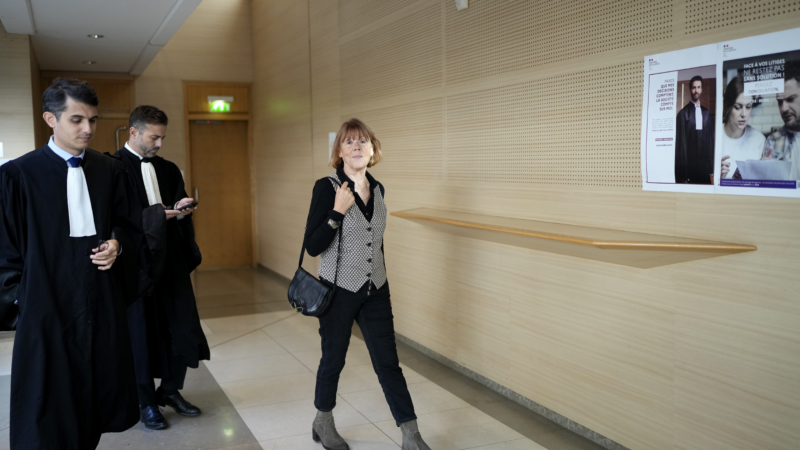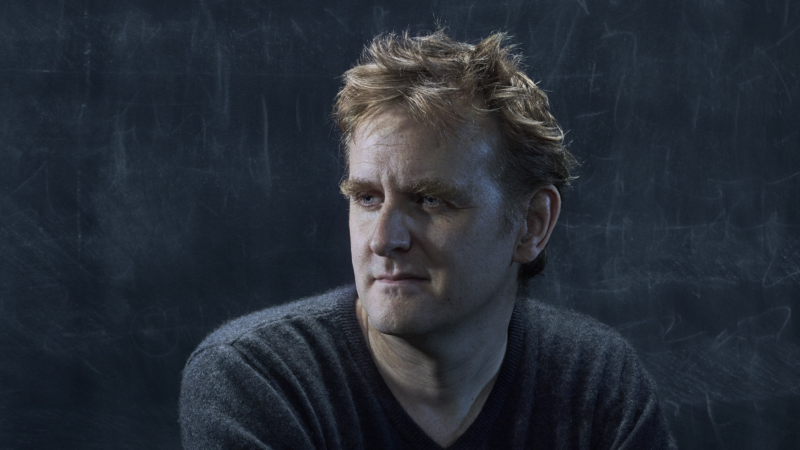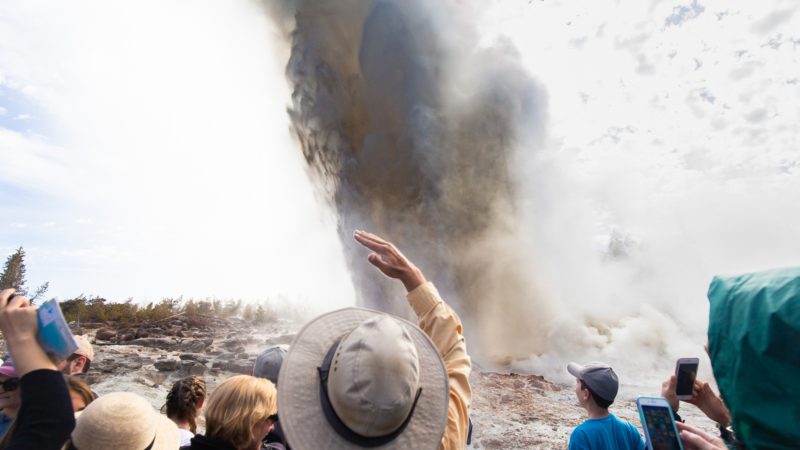Federal Bribery Trial Digs into Lobbying Around Birmingham Superfund Site
For three weeks, federal prosecutors in Birmingham have detailed what some might see as the dark underbelly of state politics in the trial of a coal company executive and two attorneys. Attorneys Steven McKinney and Joel Gilbert of the law firm of Balch and Bingham along with David Roberson, a vice president at coal company Drummond, are accused of bribing State Representative Oliver Robinson. Prosecutors say it was an effort to stop the Environmental Protection Agency from expanding a Superfund toxic cleanup site in North Birmingham. Drummond could be responsible for some cleanup costs if that happened. Robinson already pleaded guilty to accepting bribes and was a key witness for the prosecution, which rested their case last week.
Alabama Media Group columnist John Archibald has been watching the trial. He spoke to WBHM’s Andrew Yeager about what he’s seen so far.
Interview Highlights
How prosecutors are trying prove a complex case:
“The crux of that whole case is was [Robinson] hired as a state legislator…There is a lot of discussion in emails and documents about what they’re trying to do. They’re hiring him as a public relations consultant, etc., etc. Some of the most damming testimony so far has been documentation that showed that Joel Gilbert, who was really the prime mover of all of this among the defendants, requested that a letter that he, in fact, drafted for Oliver Robinson, he specifically said it should include language that he’s a state legislator when he was trying to appear before a state agency.”
How the defense may present its case:
“If you’re defending the vice president of Drummond, for instance, you can say, hey, he hired a lawyer to protect him and to serve his interests. And if that lawyer failed him, then that’s on the lawyer…For Steve McKinney who was the boss at Balch and Bingham, a lot of the emails and documents don’t necessarily reach to him. Some do, but in a far more limited way than to Joel Gilbert…And with Joel Gilbert it’s a little more explicit because he was the tip of the spear in this. He was writing letters for public officials to use as their own. His defense is going to be a little tougher.”
John Archibald’s takeaway from the first half of the trial:
“What sticks out is the fact that the defense contends that this is essentially business as usual. That’s how politics gets done in Alabama. It’s how people are persuaded in Alabama. And I think ultimately when I look at this trial, the reason I find it so interesting, even though a lot of other people do not, it is because it represents so much of how things get done in Alabama and how so much corruption has been done in Alabama.”
Mass trial shines a light on rape culture in France
A harrowing and unprecedented trial in France is exposing how pornography, chatrooms and men’s disdain for or hazy understanding of consent is fueling rape culture.
What’s your favorite thing about fall?
With cooler mornings and shorter days, if feels like fall is finally here. So what’s your favorite thing about fall? We put that question to people at our recent News and Brews community pop-up in Cullman.
Teammates LeBron and Bronny James make history as the NBA’s first father-son duo
The Jameses, who both play for the L.A. Lakers, shared the court for several minutes on the NBA's opening night. They join a very small club of father-son teammates in American professional sports.
After John le Carré’s death, his son had the ‘daunting’ task to revive George Smiley
Nick Harkaway grew up hearing his dad read drafts of his George Smiley novels. He picks up le Carré's beloved spymaster character in the new novel, Karla's Choice.
When Steamboat goes WHOOSH, scientists look for answers
What triggers geysers to go off is still not well understood. A new paper shows that one small earthquake likely triggered an eruption of the world's tallest active geyser, Steamboat.
Trump’s ex-chief of staff warns his former boss would rule like a ‘fascist’
John Kelly is one of several Trump-era White House officials to publicly criticize their former boss, arguing that Trump is not fit to hold office again.







